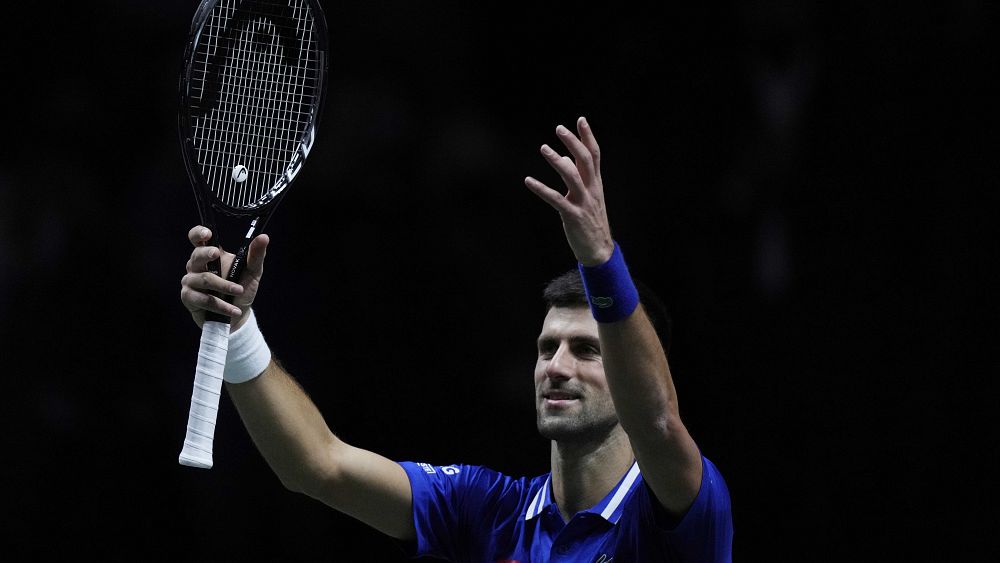
Serbian tennis player Novak Djokovic has been cleared to play in the Australian Open after receiving a medical exemption to travel to Melbourne, ending months of uncertainty about his participation because of the strict COVID-19 vaccination requirements in place for the tournament.
The top-ranked Djokovic wrote on Instagram on Tuesday that he had “an exemption permission”, despite the Open’s strict rules meant to ban unvaccinated players from participating in the tournament, sparking a strong backlash from Australians.
Djokovic, who is seeking a record 21st Grand Slam singles title, has continually refused to reveal if he is vaccinated against the coronavirus.
The Victoria state government has mandated that all players, staff, and fans attending the Australian Open must be fully vaccinated unless there is a genuine reason why an exemption should be granted.
Australian Open organisers issued a statement to confirm Djokovic will be allowed to compete at the tournament, which starts on January 17, and is on his way to Australia.
He earlier withdrew from Serbia’s team for the ATP Cup, which started last weekend in Sydney.
“Djokovic applied for a medical exemption which was granted following a rigorous review process involving two separate independent panels of medical experts,” the statement said.
“One of those was the Independent Medical Exemption Review Panel appointed by the Victorian Department of Health. They assessed all applications to see if they met the Australian Technical Advisory Group on Immunisation guidelines.”
Tennis Australia said the process included the redaction of personal information to ensure privacy for all applicants. That means Djokovic was not obliged to make his exemption public.
Australian Open tournament director Craig Tiley told local media on Wednesday he empathised with people’s reactions to Djokovic’s statements “around vaccination”.
“However, it’s ultimately up to him to discuss with the public his condition if he chooses to do that and the reason why he received an exemption,” he added.
Tiley said that 26 players or support staff made anonymous applications for a medical exemption, although only a “handful” were granted.
He said Djokovic was treated no differently to anyone.
The decision on the exemption will be widely debated in a city where most people endured months of strict lockdowns and harsh travel restrictions at the height of the pandemic.
Reaction on social media quickly turned to questions about the grounds for Djokovic’s exemption, and what quarantine conditions he will have to meet on arrival in Australia.
Jaala Pulford, the state’s acting Minister for Sports, on Wednesday said that “no-one is or will be receiving special treatment because of who they are or what they have achieved professionally.”
“Novak isn’t coming to play at the Australian Open because he’s, you know, the biggest tennis star of them all, he’s coming because he has been able to demonstrate through this process that he has an eligibility under the rules that apply to everybody else in the country,” Pulford went on.
Last year, all foreign players had to spend two weeks in hotel quarantine before the Australian Open, pushing the year’s first major back from its usual mid-January start.
There were also strict caps on crowd numbers and days when fans weren’t allowed into Melbourne Park as coronavirus cases surged.
There will be no cap on crowd numbers for the 2022 tournament, although proof of double vaccination for COVID-19 is a requirement for entry.
The 34-year-old Djokovic has won nine of his 20 major titles at the Australian Open. He shares the men’s record for most majors with Roger Federer and Rafael Nadal.
Djokovic hasn’t played at tour-level since the Davis Cup Finals in early December and has recently been practising in Spain.